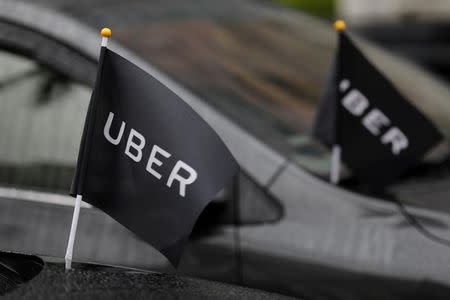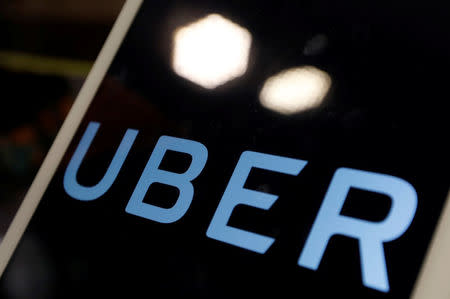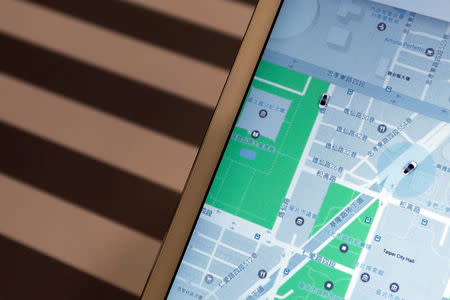Uber resumes ride-hailing service in Taiwan after talks with authorities
By J.R. Wu TAIPEI (Reuters) - Uber Technologies Inc [UBER.UL] said is will resume its ride-hailing service in Taiwan on Thursday after talks with the island's authorities, ending a two-month suspension that came after fines from the government. "After constructive talks with transportation authorities, we are now partnering with licensed rental car companies to resume serving riders in Taipei," Uber said in a statement. The resumption of service comes after the U.S.-based ride-hailing service halted operations on the island on Feb. 10, after penalties for unlicensed ride-sharing services were increased to as much as T$25 million ($825,873) by Taiwan's Ministry of Transportation and Communications. "Starting today, people in Taipei can book an Uber ride, and we expect to bring Uber back to other cities in the near future," Likai Gu, general manager of Uber Taiwan, said. "We want to partner with more transportation service partners in weeks and months to come, whether they be from rental car companies or the taxi industry." Taiwan's highway bureau, which is part of the transport ministry, said that it welcomed Uber's move, but would continue to supervise Uber's operations in Taiwan to ensure that it did not pair up with unlicensed individual drivers. It said that Uber still had T$830 million in outstanding fines under a legal process of being recovered. Uber, based in San Francisco, has faced legal scrutiny in markets across Asia, including in Macau and Japan. In Taiwan, the issue was that Uber said it operated as an internet-based technology platform rather than as a transportation company, which local taxi companies and Taiwanese authorities have said was a misrepresentation of its service. Uber and the Taiwan transport authorities said that Uber would continue to operate as a technology platform company in Taiwan and that Uber would partner with licensed transport companies. Taiwanese authorities began imposing fines earlier this year on unlicensed ride-sharing services, targeted at Uber, which the company said at the time were the highest in the world. In the long-running dispute, Taiwan had maintained Uber's business was illegal, and at one point last year even considered ordering it to leave the domestic market. But Uber proponents, many of them individual drivers with cars in Taiwan, staged counter protests to support the business opportunities they said the Uber platform provided. (Editing by Christopher Cushing and Jane Merriman)




